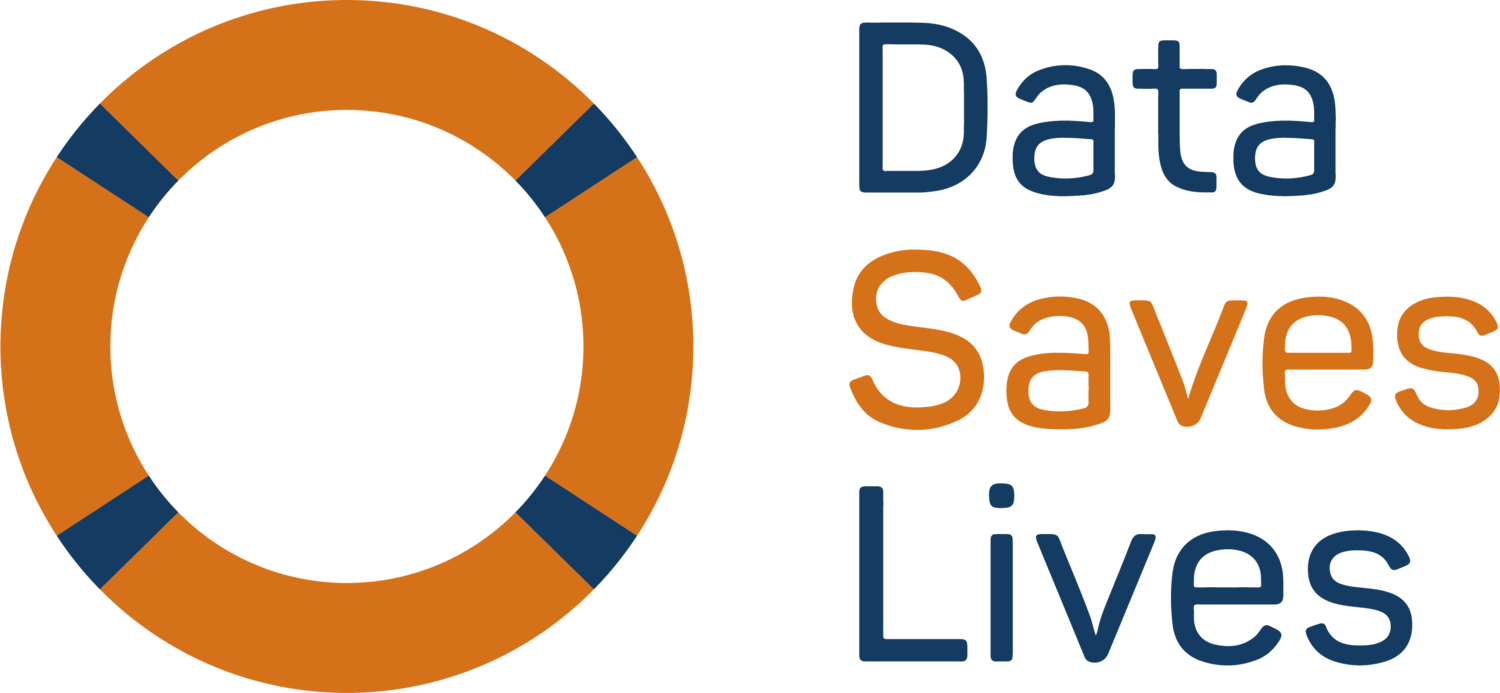To provide a full picture of the lived experience of illness and disease, there is a need for patient-generated data. There is a gap in research that needs to be filled by the input and knowledge of patients – those, who unlike traditional medical researchers or clinicians, can provide a personalised understanding of their condition. A concept known as ‘personal science’, which allows an individual to quantify their own experience and benefit from the deeper knowledge of their illness they gain as a result.
Inevitably, knowledge of a particular disease or aspect of healthcare will differ between patients and researchers. Take the concept of self-care, for example. For patients and people living with complex chronic illnesses, our conditions affect our whole existence; meaning that self-care is inherently involved in everything we do. However, self-care, as understood by a large sector of healthcare providers, researchers and clinicians, is a very restricted concept when compared to how it is experienced by patients. In the absence of patient-generated data in clinical research, it is impossible to fully understand the extent of a condition.
There is a relatively new definition of health that was suggested by Dutch researchers in 2011, which states that “Health is the ability to adapt and to self-manage, in the face of social, physical and emotional challenges.” This definition is complex and therefore, more difficult to measure than a restricted proxy measure of some element of a disease. Yet if we fail to measure the full extent of a condition, we fail to address the full picture of health.
So, what should we measure? As the American author and columnist William Bruce Cameron once wisely said in 1963, “Not everything that can be counted counts, and not everything that counts can be counted”. There is no single answer. As patients, everything that is associated with our lived experience of a condition is effectively ‘data’. Data that can be turned into information, which then subsequently, can be turned into knowledge. Let’s not forget, information and knowledge are not the same. It is the interpretation of information that is considered knowledge.
It’s useful at this point to make the distinction between “disease” – the social and scientific understanding of a particularly defined condition – and “illness” – the unique experience of a condition relating to each and every individual.
With good reason, past research has relied on creating a mould of a particular disease, one that fits the greatest amount of people possible, to standardise results. However, this same mould inevitably clashes with many individuals’ experience of illness. If we could make the Venn diagrams of illness and disease overlap, I am convinced that huge improvements in healthcare research could be made. Our goal should not be to alleviate disease, but instead, to alleviate illness.
For patients like myself, who live with multiple chronic conditions and receive multiple treatments at different time intervals, there are no clinical trials that attempt to understand the effects that these combinations have on me. So, I carry out my own observations through self-led study, allowing me to understand how to manage my medications and ensure they have the best possible effect for me.
This is where personal science comes into play – a framework for scientific research on the ‘quantified self’, which uses personal questions and self-tracking to allow a patient to see what works best for them. Personal science empowers patients to make informed and constructive choices about their health, in collaboration with their healthcare team. I wouldn’t be doing as well as I am, living with Parkinson’s disease for 35 years, if it had not been for my active role in personal scientific research. The benefit of my work is not in the data itself, but rather in my learning from it; the feedback loops that my tracking creates.
Take the #WeAreNotWaiting movement, for example – a collection of patients with Type 1 diabetes, who have built their own automated pancreas using open software to retrieve data from their continuous glucose monitors. They make some simple calculations based on their data and input that data into their insulin pump, creating what they call a ‘loop’, to support personalised diabetes management. Of course, these measures cannot capture the entirety of the reality of those living with Type 1 diabetes, but they do increase access to understanding and using data for individual benefit.
In my opinion, the future of patient-centred healthcare relies on a crucial paradigm shift that involves both parallel systems of personal science and traditional research methods. Citizen-generated data presents a unique opportunity to unite the work of researchers and patients, while addressing a crucial unmet need in research – the experience of illness versus disease. In order to achieve this, we must first ensure that greater investments are made in the field of personal science, so that we can improve our methods and work towards making a real difference to the lives of patient communities.
Sara Riggare, Patient Researcher


